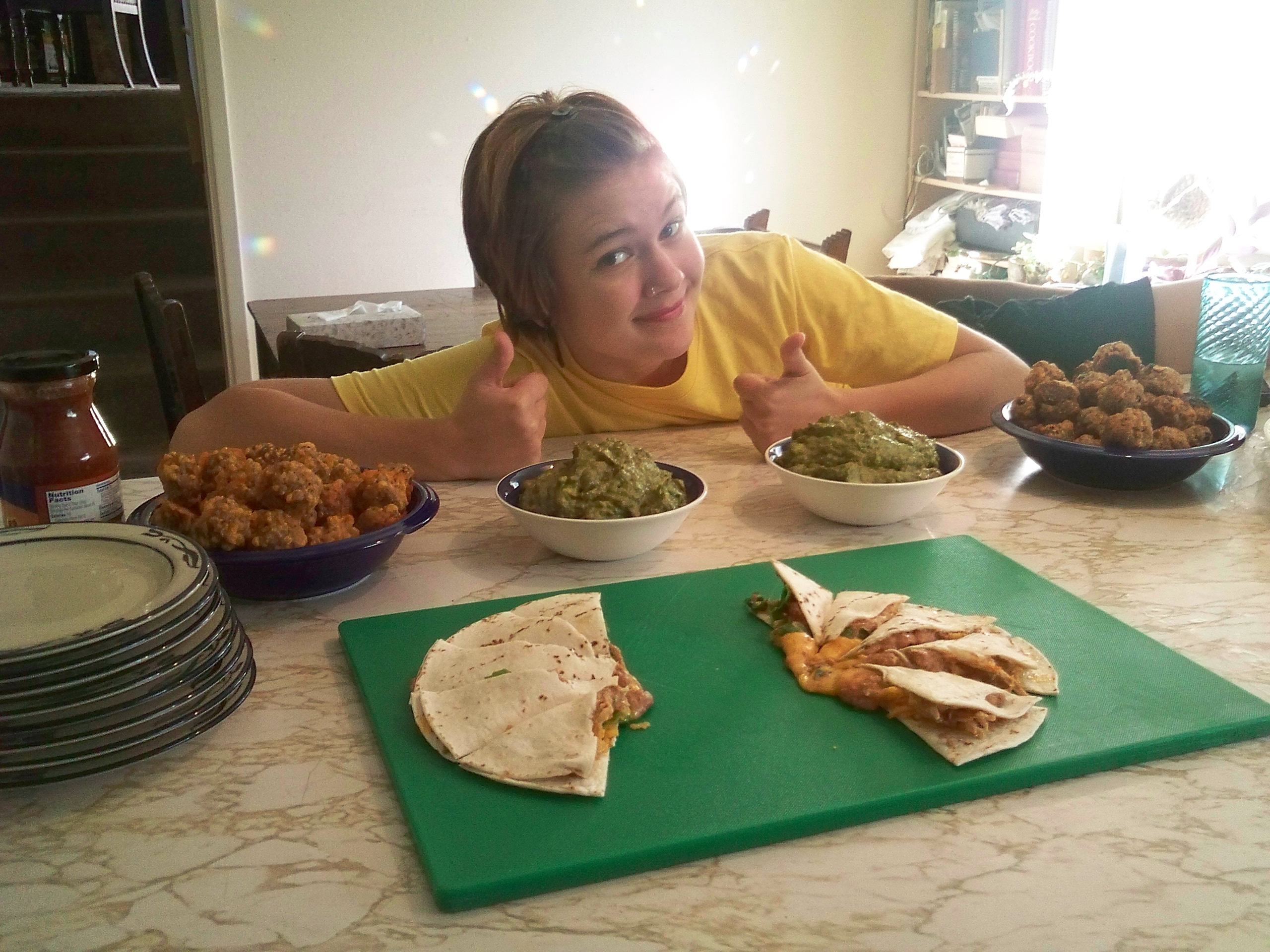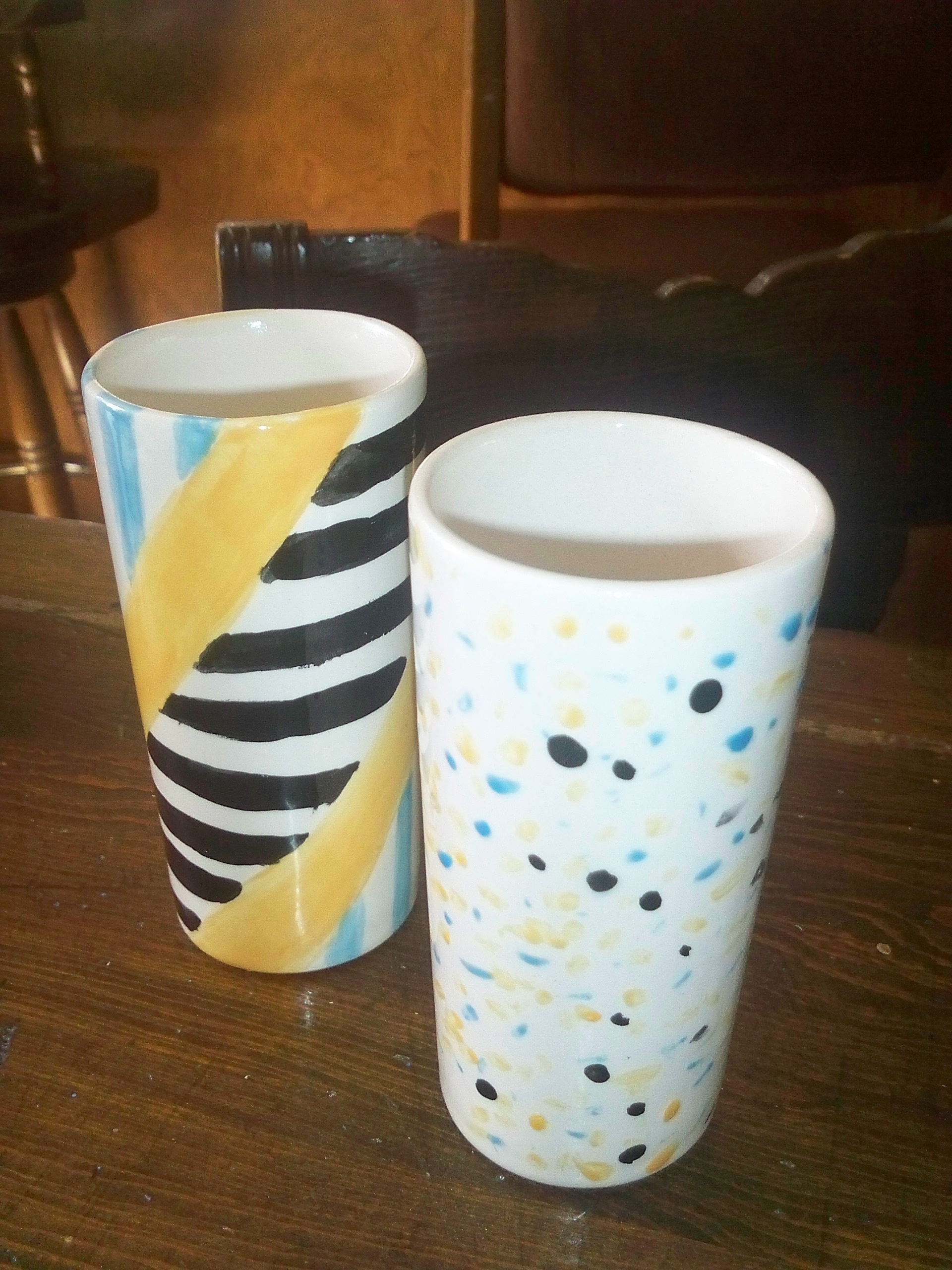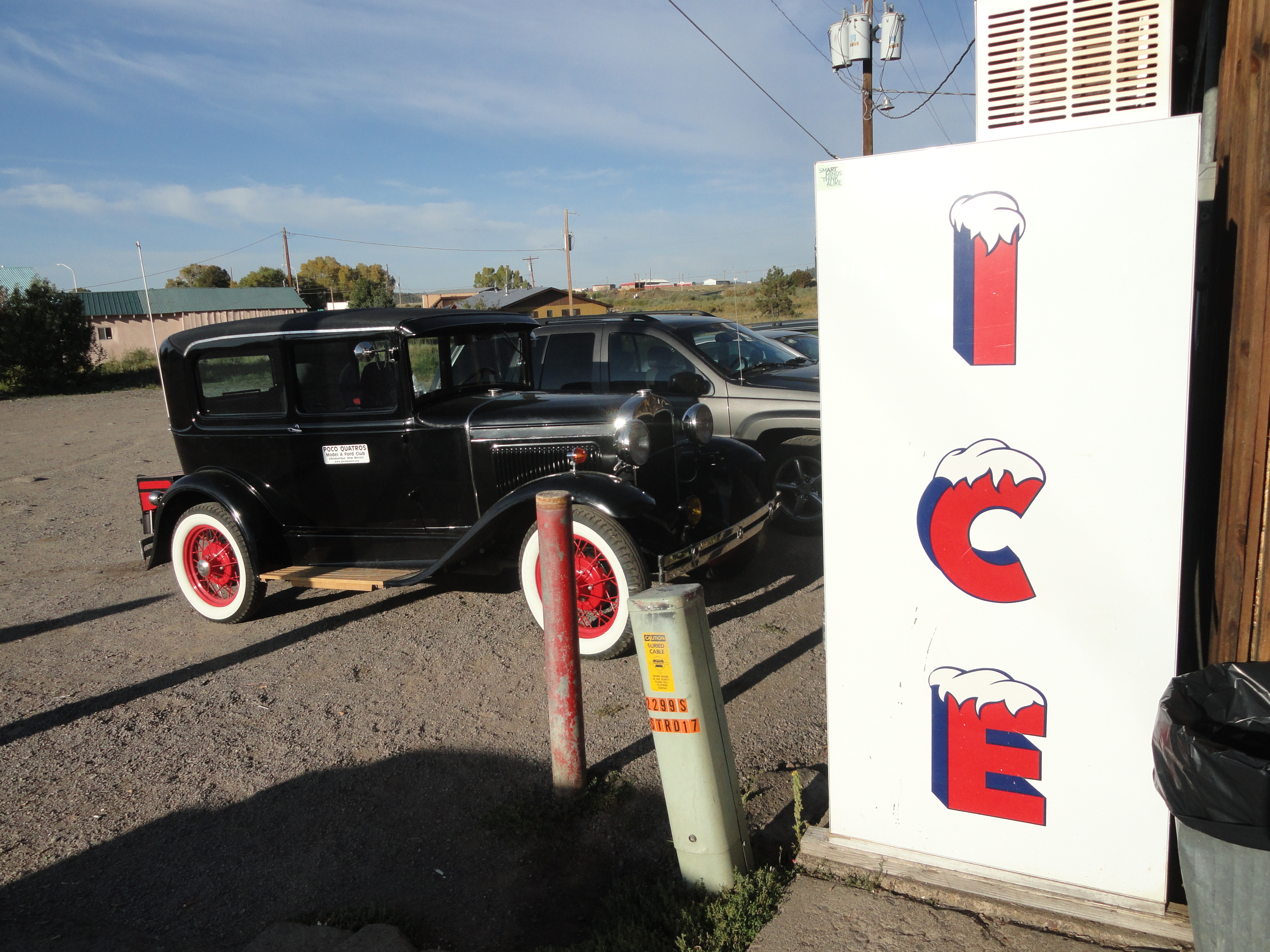photo by Sandra Dodd





We have the ability to choose gratefulness in any situation. For me, this has been life changing, though I still have a long ways to go! And I have tried very hard to take the words 'have to' out of my vocabulary.

Some of you may feel it's just semantics, but it's empowering to see everything I do as a choice.
When I'm getting ready for work I have caught myself saying "I have to get to work now" and stopped myself, saying " I CHOOSE to go to work and I need to be there soon." Simple? Perhaps. But sometimes the simplest details lead to more mindful living. The richness of abundant living is in the details.—Ren Allen




